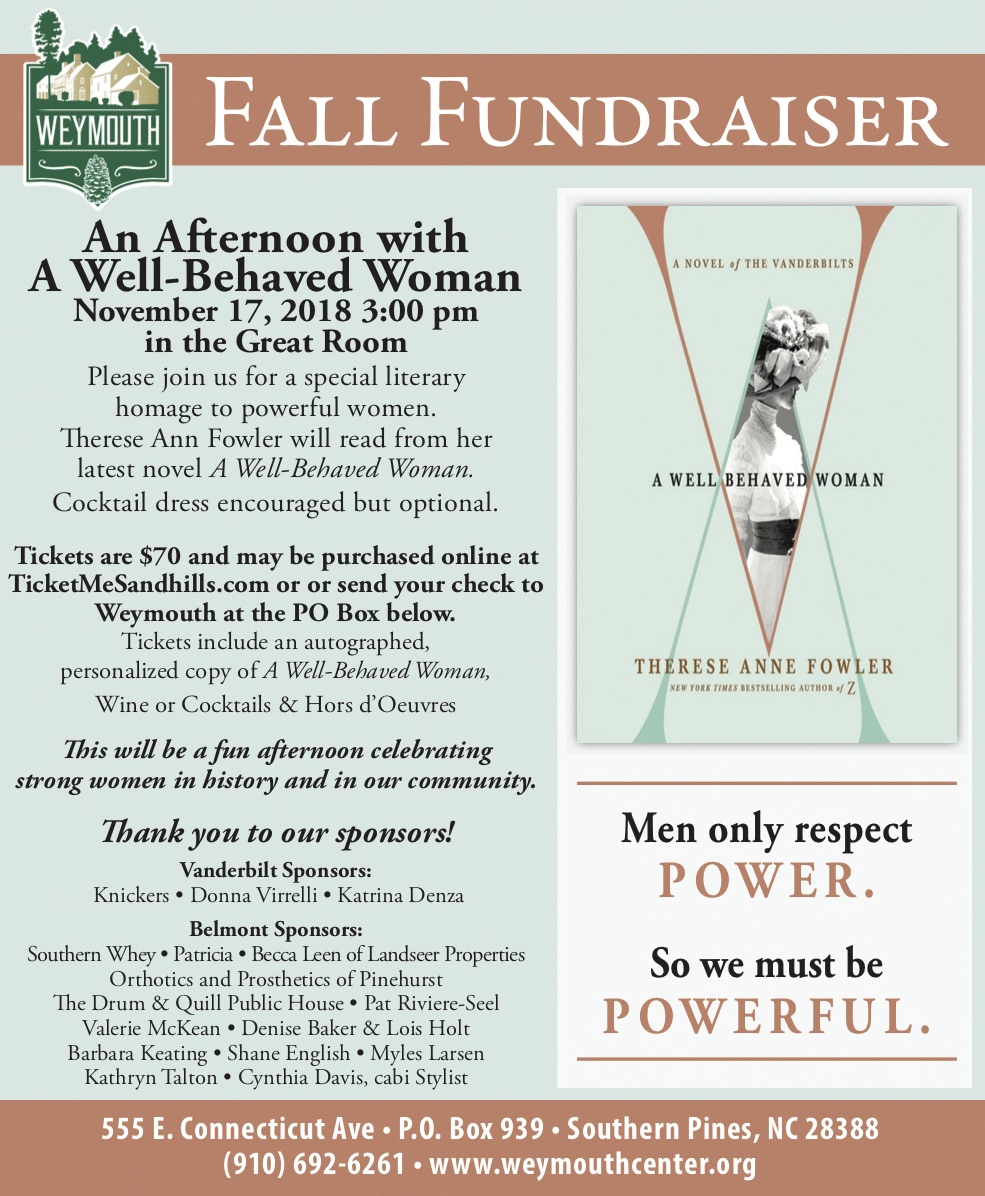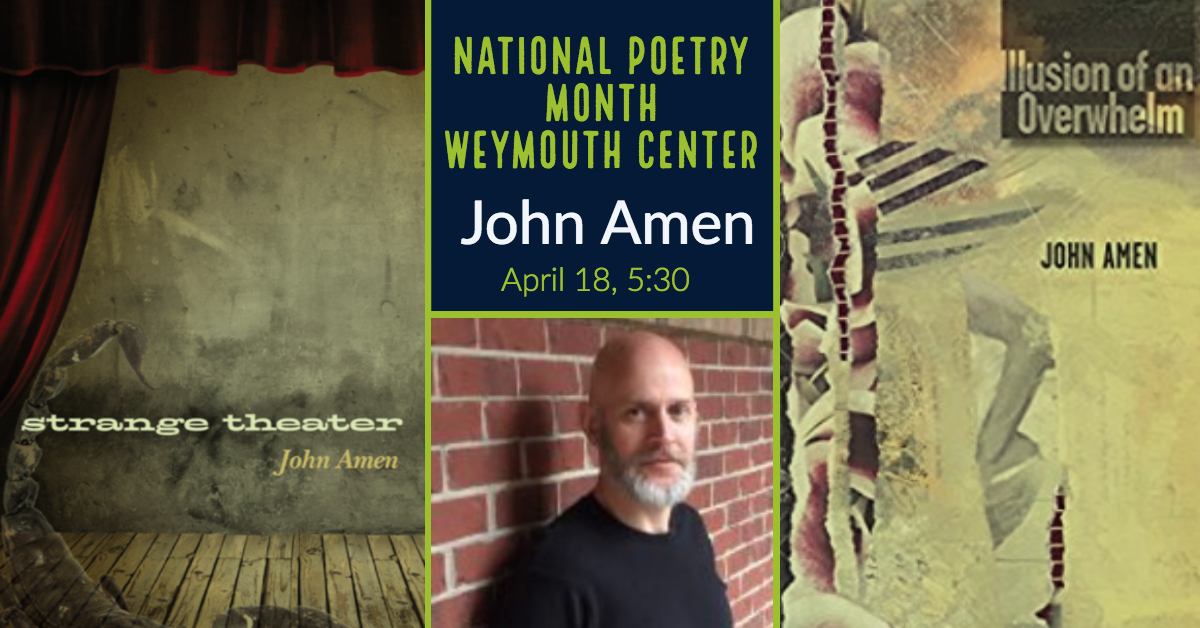An afternoon of Vanderbilt glamour with New York Times best-selling novelist, Therese Ann Fowler, celebrating…
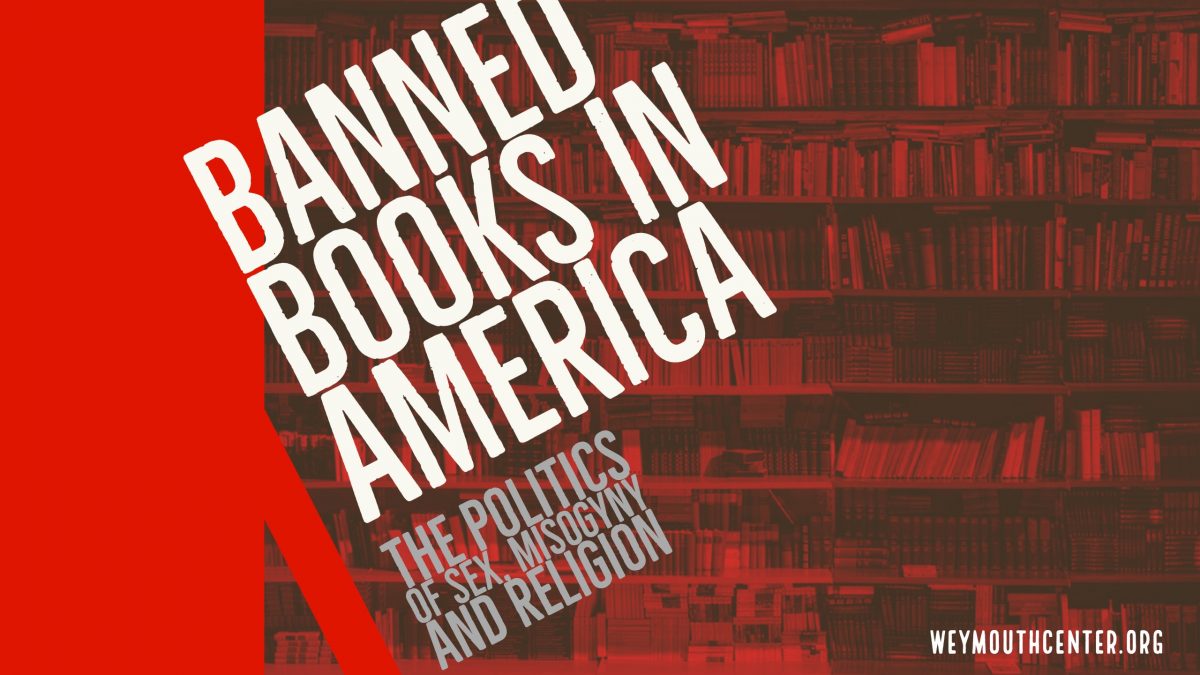
Banned Books Lecture Series, part 2!
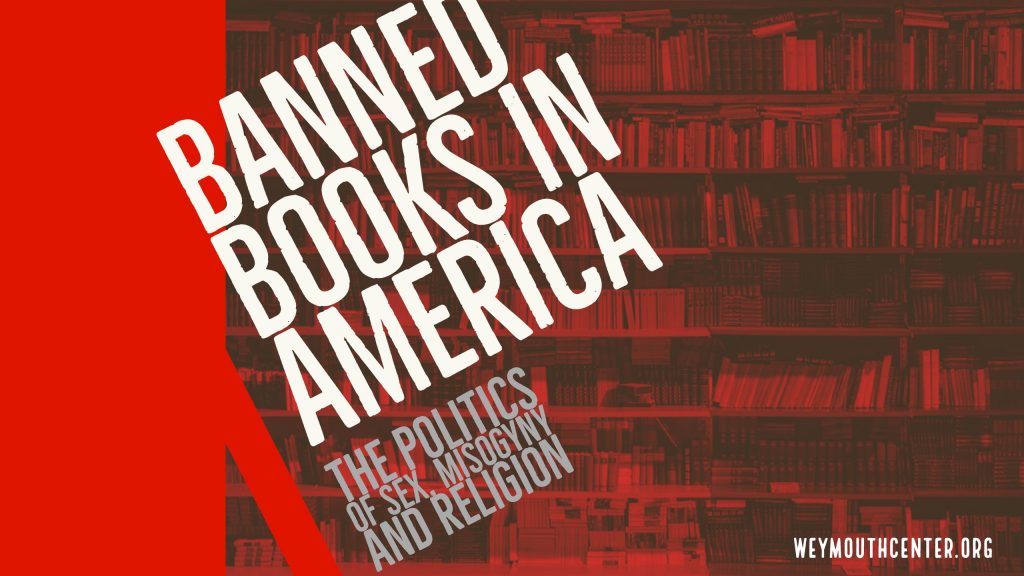 The second lecture in Banned Books In America – The Politics of Sex, Misogyny and Religion series examined what key elements push literary classics by authors ranging from Mark Twain to Toni Morrison off the shelves of public school libraries.
The second lecture in Banned Books In America – The Politics of Sex, Misogyny and Religion series examined what key elements push literary classics by authors ranging from Mark Twain to Toni Morrison off the shelves of public school libraries.
Throughout the years books have been banned for themes and characters that flaunt a disregard for current mores and sensibilities. Many of these titles are surprising to us today as we now consider them classics.
The program featured poet and writer, Lois Holt, and SCC professor of English and Film, Ron Layne, providing gender perspectives on both male and female authors whose works have been banned between 1884 and the 1980’s.
One of the most popular and highly regarded professors of English and Film and Sandhills Community College, Layne has a strong following in the community. Regarding this lecture he shares, “Using passages from the most notable and notorious banned books, we will discuss how the base, the brutal, and the brazen elements in key works of literature have resulted in periodic bans stretching from New York’s pastoral highlands to the wilds of Oregon.”
Lois Holt, award-winning poet, freelance writer, past president of Weymouth Center and the North Carolina Poetry Society will speak to the female perspective. Holt and Layne will delve into what aspects of narrative prompt varied interpretations on banned contents. Key passages from the selected works will be read through the lenses of both Mars and Venus offering insight into specifics that led to banning.
Home to the NC Literary Hall of Fame, and once home to best-selling novelist and playwright, James Boyd, there is no better place to host a lecture series spotlighting how literary genius challenges status quo. The writers of the golden age who visited Weymouth often, as well as the many Hall of Fame inductees, and those who spend weeks in residencies now, working on their current projects may all be subject to censorship under the right conditions.
